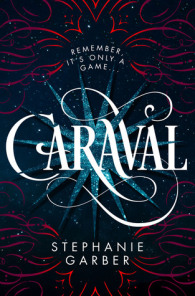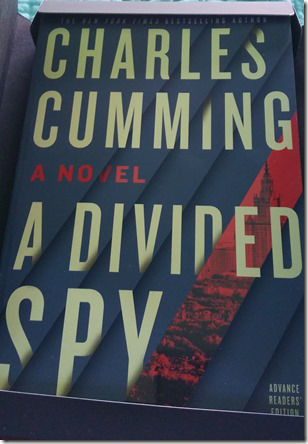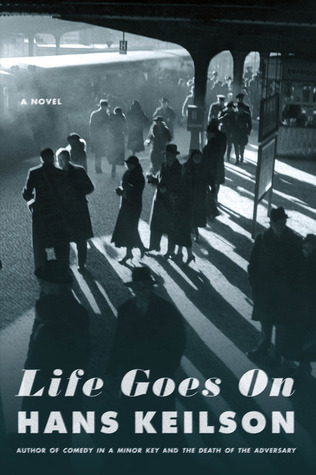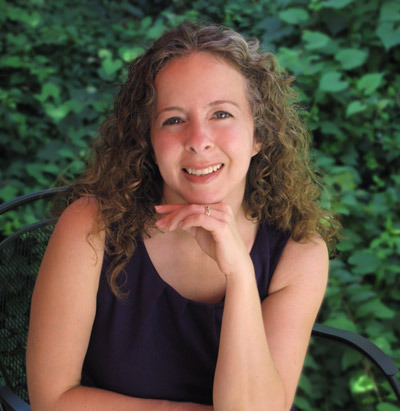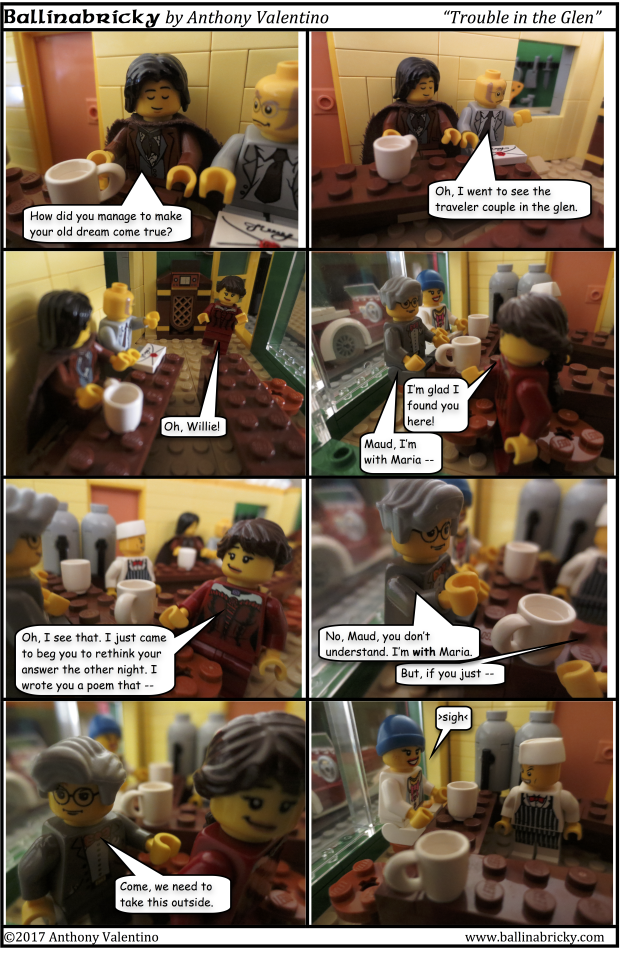
Full disclosure: I didn’t read every word of this book. If Blood Should Stain the Wattle is a 537-page tome, and the sixth book in a series of such tomes – Jackie French’s Matilda Saga. French re-imagines the history of Australia through the eyes of generations of women, from the oft-forgotten 1891 shearer’s strike on which Banjo Paterson’s song Waltzing Matilda was based, through all of the iconography and landmark events that have made Australia the country it is today. She takes a few liberties with the facts behind these myths, conceiving of Matilda as a child from the city in 1894 in her first book A Waltz for Matilda, now a 90-year-old woman directing affairs in Gibber’s Creek.
It is a slow-burning novel, with well-developed characters and a plot that (if nothing else) carries the story forward, inching through 1972 to 1975. But it is difficult to identify the target audience of this book at first glance. It is just so damn long! I mean, who has the time to read these 3000-odd pages when there are all these classics, War and Peace, David Copperfield, to be read? The Matilda Saga lies somewhere in that no-man’s-land between wholesome fiction that you can devour in a night, and non-fiction books by journalists and historians on the Whitlam dismissal.
French seeks nuance and avoids tokenism, even apologising for her depictions of “the occasional farces of a commune.” As she writes (p. 534),
human waste and vegetables do not make good companions, unless you long for hepatitis.
But the power of this book is in the allegory. I picked this book up from the YA section of my local library; it does not belong there. The book is distinctly Australian and political and, while there are strains of female empowerment woven throughout the saga, to my mind the plot does not suffice to make this novel worth reading. This is the kind of moral and spiritual book that you encounter when you are a teenager, and that shapes your life. Phillip Pullman’s The Amber Spyglass was the book that did it for me (“we have to build the Republic of Heaven where we are. because for us there is no elsewhere”), but Jackie French tugs the same heartstrings, and I recognise the feeling.
French’s achievement is to remind us of a time when people were passionate about politics. When the local member of parliament was a member of the community, our protagonist Jed’s past love, a 23-year-old Vietnam veteran called Nicholas. When the Gough Whitlam embodied change after decades of conservative governance. Jackie French wrote this book in late 2016, after the now-infamous disillusionment at Malcolm Turnbull’s abandonment of progressivism, the double-dissolution election in July which weakened the LNP, the lingering machinations of Tony Abbott. Her contemporary political commentary in this work of historical fiction is subtle, but she points to it explicitly in her afterword (p. 532):
We elect our governments to lead, and while they must reflect the wishes of those they represent, there are also times when they need to make decisions that are right, not popular, in the expectation that before the next election voters will get over the shock and agree that those actions were correct, or at least forgivable.
We’ve only just got a positive result for the same sex marriage postal survey today. Federally, 62% of Australians voted yes. In my community, the multicultural seat of Watson, held by Labor’s Tony Burke and governed by different (I would venture to say backward) cultural and religious expectations, only 30% of voters did. I don’t know what I’m going to do about that.
But this is Australia, and the Labor Party is deeply entwined in our history. We are the inheritors of a long legacy, of rebellion, of heartbreak, and yet of democracy wherein revolution can take place without blood staining the wattle (a line from Henry Lawson’s 1891 poem Freedom on the Wallaby, a violent call to arms that Jackie French ultimately rejects). It is possible to articulate an idealistic argument for mainstream politics, stripped of the cynicism that seems so a la mode in our time. Now, if it’s alright with you, I’m going to go and do some phonebanking for Labor HQ to get Kristina Keneally elected to the federal seat of Bennelong on December 16. I’ve burned enough time writing this review already.
Rating: 4.5/5.
Advertisements Share this: